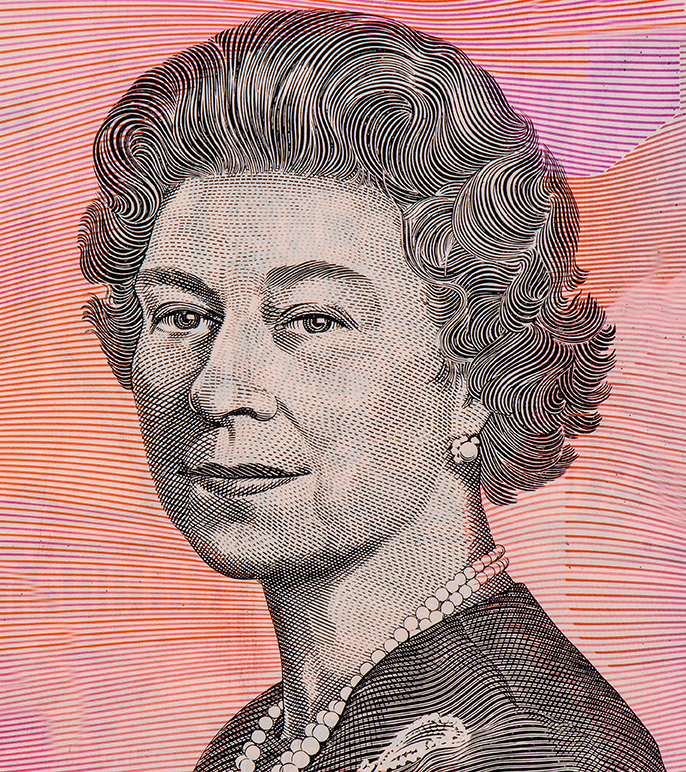Global retirement security is under increasing pressure due to the impact of inflation, a volatile market environment and low interest rates on retirement pots, according to Natixis Investment Managers’ (IM) 2022 Global Retirement Index (GRI).
As reported by our sister publication, European Pensions, Natixis IM warned that 2022 could be the most challenging year to retire in recent history, with retirees risking taking retirement income from an already depleted pool of assets and having to take on greater risks with portfolios to make up the ground already lost.
In the UK, retirement security fell for the fifth consecutive year, falling one spot in the rankings to 19 out of 44, with its overall score falling from 72 per cent to 69 per cent over the year.
The GRI includes 18 performance indices, grouped into four thematic indices that cover key aspects for welfare in retirement: The material means to live comfortably in retirement, access to quality financial services to help preserve savings value and maximise income, access to quality health services, and a clean and safe environment.
In the four sub-indices, the UK ranked at 29th for finances in retirement, 21st for health, 7th for quality of life and 23rd for material wellbeing.
In the GRI pension system rankings, Norway reclaimed its top spot, up from third where it spent the past four years.
Switzerland held its position at number two, while Iceland, which had held the top spot since 2018, fell to third.
Making up the rest of the top 10 were Ireland (4th), Australia (5th), New Zealand (6th), Luxembourg (7th), the Netherlands (8th), Denmark (9th), and the Czech Republic (10th).
Luxembourg and the Czech Republic entered the top 10 for the first time this year, while Germany and Canada, which were in the top 10 last year, fell to number 11 and 15 respectively.
Ireland has seen the largest gains in GRI rankings over the past decade, rising from 38th in 2012 to fourth this year.
Slovakia was the nation that has experienced the biggest fall in rankings over the past decade, falling 14 spots, from 16th to 30th.
“While inflation has a negative impact on individuals, certain institutions may see an indirect benefit,” commented Nataxis IM head of Northern Europe, Andrew Benton.
“Pensions generally perform better in inflationary times as central banks implement interest rate hikes to curb inflation. This is because of the seesaw effect that rates have on pension liabilities. In simplest terms: the higher the rate, the lower the liabilities.
“Now with rates increasing, liabilities are shrinking for many. But not all pensions respond in equal measure. The maths on inflation ultimately works out for the better for private pensions.
“With inflation driving rates up and liabilities down, these managers generally see their contribution rate decline. On the public side of pensions, the maths may not be as advantageous.”
Latest News
-
OBR analysis reveals potential impact of salary sacrifice changes
-
Strong funding levels continue as endgame landscape reshaped by innovation
-
Harwich Haven Authority Pension Fund finalises £45m buy-in with Royal London
-
GAD publishes LGPS gender pension gap reporting guidance
-
DB scheme funding levels continue to improve heading into 2026
-
News in brief - 6 February 2026
Private markets – a growing presence within UK DC
Laura Blows discusses the role of private market investment within DC schemes with Aviva Director of Investments, Maiyuresh Rajah
The DB pension landscape
Pensions Age speaks to BlackRock managing director and head of its DB relationship management team, Andrew Reid, about the DB pensions landscape
Podcast: From pension pot to flexible income for life

Podcast: Who matters most in pensions?

In the latest Pensions Age podcast, Francesca Fabrizi speaks to Capita Pension Solutions global practice leader & chief revenue officer, Stuart Heatley, about who matters most in pensions and how to best meet their needs
© 2019 Perspective Publishing Privacy & Cookies










Recent Stories